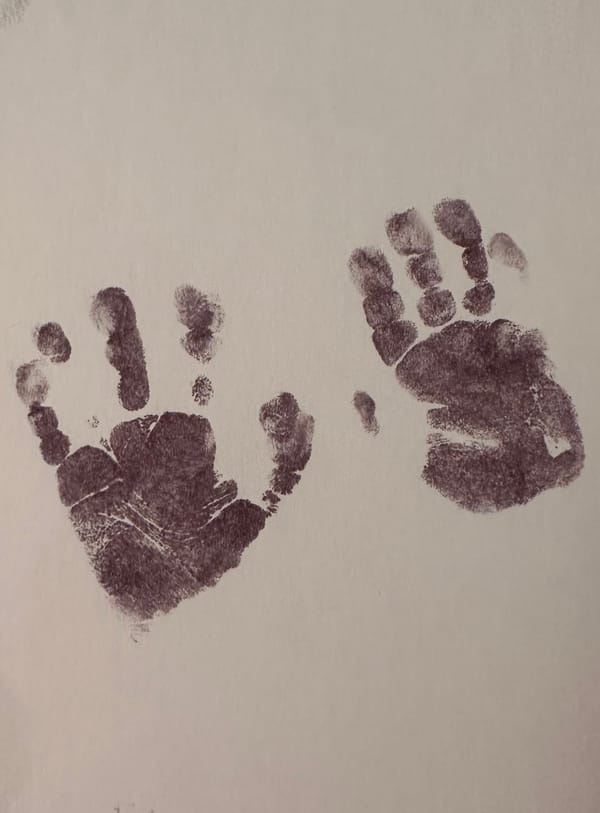Baby Milestones at 3 Months: What to Expect

The first few months of a baby’s life are filled with rapid growth and development. By three months, your baby will have made significant strides in various areas. Here’s a look at some common milestones to expect at three months, covering physical, cognitive, social, and emotional development.
Physical Milestones
- Head Control: Your baby will have better head control and can hold their head up when lying on their stomach and when supported in a sitting position.
- Strengthening Muscles: They will start to push up on their arms during tummy time, lifting their chest off the ground.
- Grasping: Reflexive grasping will give way to more deliberate attempts to grab objects, such as toys or fingers.
- Hand Coordination: Babies will often bring their hands to their mouth, exploring with their mouth as well as their eyes.
- Leg Movement: You might notice your baby kicking more energetically and possibly trying to roll over from tummy to back.
Cognitive Milestones
- Attention Span: Babies at three months can focus on faces and objects for longer periods and follow moving objects with their eyes.
- Exploration: They start to explore their surroundings more actively, showing curiosity about the world around them.
- Recognition: Your baby will begin to recognize familiar faces and objects, smiling and showing excitement when they see them.
- Sensory Development: Babies will respond to various sensory stimuli, including sounds, textures, and colors, showing a preference for certain stimuli.
Social and Emotional Milestones
- Social Smiling: Your baby will start to smile more intentionally in response to social interactions, not just as a reflex.
- Cooing and Babbling: Expect to hear cooing and gurgling sounds as your baby experiments with vocalization. They may respond to your voice with sounds and facial expressions.
- Emotional Expression: Babies will start to express a wider range of emotions, including joy, frustration, and excitement.
- Interaction: They enjoy interacting with caregivers and may initiate play by smiling, cooing, or making eye contact.
Tips to Support Your Baby’s Development
- Tummy Time: Continue to give your baby plenty of supervised tummy time to strengthen their neck, back, and shoulder muscles.
- Engage and Talk: Talk to your baby frequently, making eye contact and responding to their sounds. This helps with language development and social bonding.
- Play and Exploration: Provide age-appropriate toys that your baby can grasp, shake, and explore. Simple toys like rattles, soft books, and textured balls are excellent choices.
- Sing and Read: Sing songs and read books to your baby. The rhythm and melody of songs, as well as the cadence of reading, are beneficial for auditory development.
- Comfort and Cuddle: Continue to provide lots of physical affection. Holding, cuddling, and gentle rocking provide security and emotional support.
- Follow Their Lead: Pay attention to your baby’s cues and interests. If they seem particularly fascinated by an object or activity, spend more time engaging with it.
When to Be Concerned
While every baby develops at their own pace, it’s important to talk to your pediatrician if you notice any of the following:
- Lack of eye contact or response to loud noises.
- Limited movement or difficulty holding up their head.
- No social smiles or limited interaction with caregivers.
- Unusual muscle stiffness or floppiness.
Regular checkups with your pediatrician will help ensure your baby is on track with their developmental milestones and allow you to address any concerns early.



